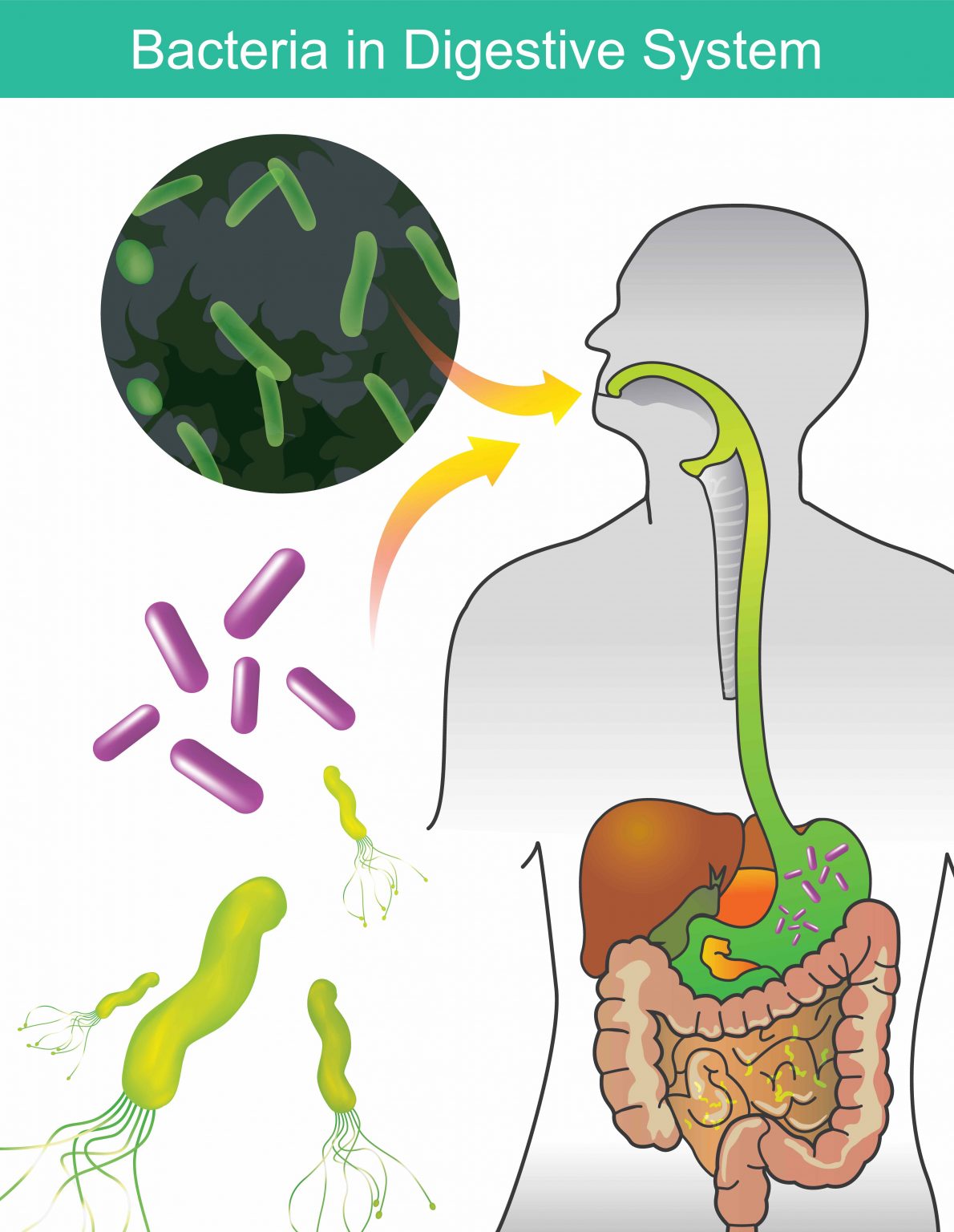
The World Health Organization (WHO) recommends breastfeeding for the first six months after birth. Unique to breast milk is the presence of complex carbohydrates (HMOs). These are indigestible sugars, or milk fibers, which are important nutrition for the microbiome in the intestines and promote the growth of healthy bacteria such as Bifidus. HMOs contribute to the development of babies’ immune systems, have anti-inflammatory effects, and promote brain development. The HMO 2-Fucosyllactose (2′-FL) is the most common HMO and can help prevent intestinal problems such as diarrhea, and allergic conditions like eczema and lower respiratory tract infections (LRTI).
Due to genetic variation, a quarter of women lack an enzyme called fucosyltransferase 2 (FUT2), which means they cannot produce one of the most common HMOs, 2′-FL. Scientific publications have described that 2 “-FL can stimulate babies”’ health in various ways: 2 “-FL acts as a prebiotic and promotes the growth of healthy bacteria; 2”-FL inhibits the growth of harmful bacteria; 2 “-FL stimulates mucus and thereby strengthens the natural barrier of the intestinal wall and 2”-FL stimulates the development of the immune system.